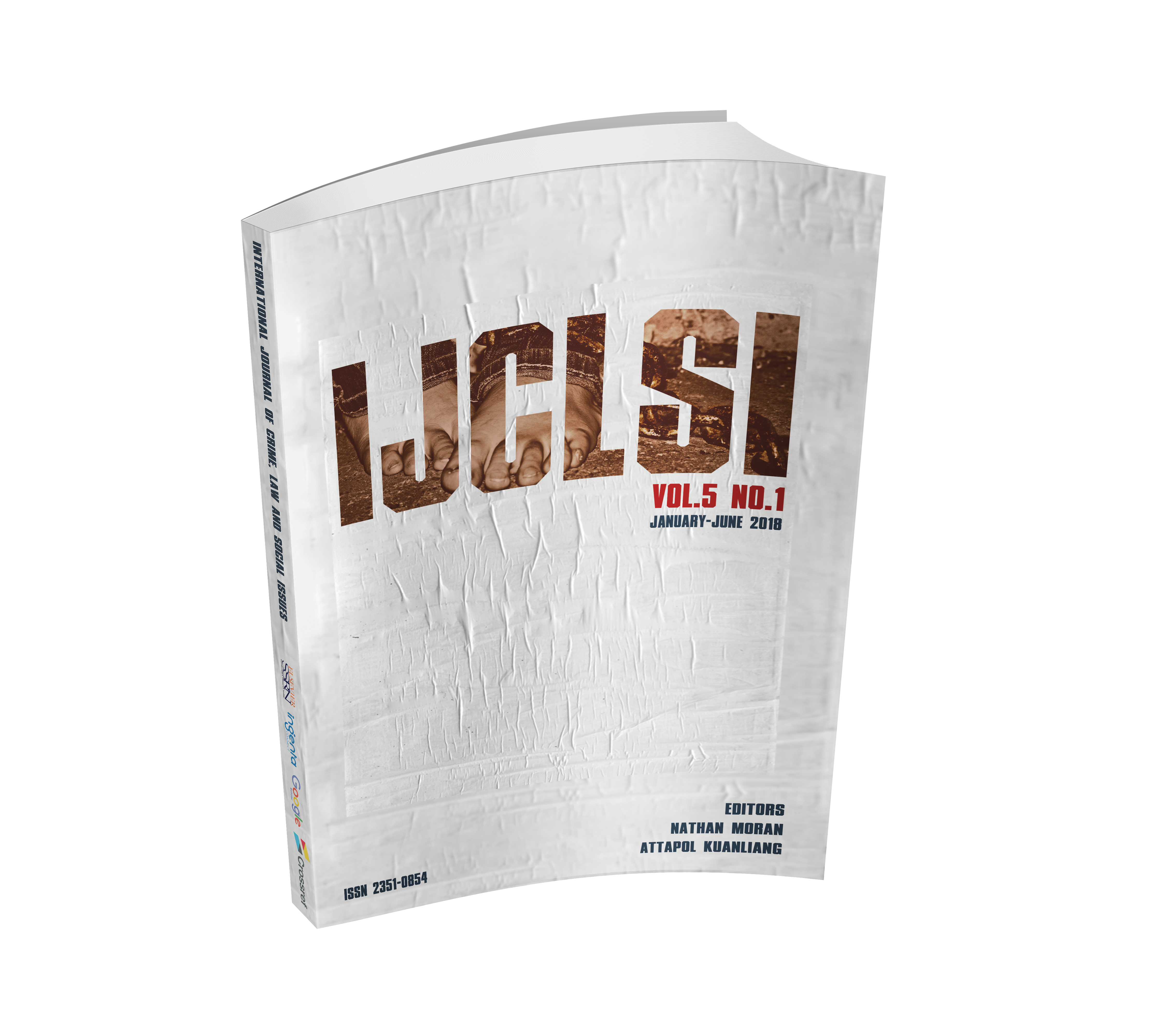The Cooperation for Development of Forensic Science: A Cause Study of Quality Development According to the International Standard
Keywords:
Development of Cooperation, Forensic Sciences, International StandardAbstract
This research purports to examine the structure of cooperation towards the development of Thailand’s forensic science, to explore possible problems and difficulties that may affect the nation’s attempt to make the current practice up to international standards, and to establish international cooperation framework that is consistent with the existing provisions postulated within the 2016 Forensic Act. This study employs mixed research methodology comprising of (i) the gathering of quantitative data through questionnaires and interviews with 174 forensic personnel and (ii) the assembling of qualitative information via in-depth interviews and group discussions with the total of 30 staffs from the Ministry of Justice (MOJ) and the Central Institute of Forensic Sciences (CIFS), employing the analytical assessment methods based on statistics and content analysis. The findings reveal that: (1) it is deemed that all relevant forensic sciences should be brought up to international standards as much as possible; (2) establishing international standard upon forensic examination so that its credibility will be ensured and delivered is recognised as of utmost paramount; (3) Accessibility and availability of information concerning the setting up of international standards on forensic examination are considered of great necessity; (4) The framework outlining Thailand’s forensic science cooperation development should encourage and foster 3 aspects, namely, standardisation, management, and human resource development; and (5) the movement to push forward the country’s forensic sciences up to global standard requires the management that aims towards organisation achievement whilst recognising the importance of relevant factors such as capital and human resources, fiscal budget, and relating tools, all of which nourishes and facilities effective human resources development.
Downloads











.png)


